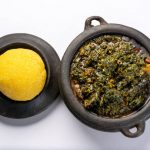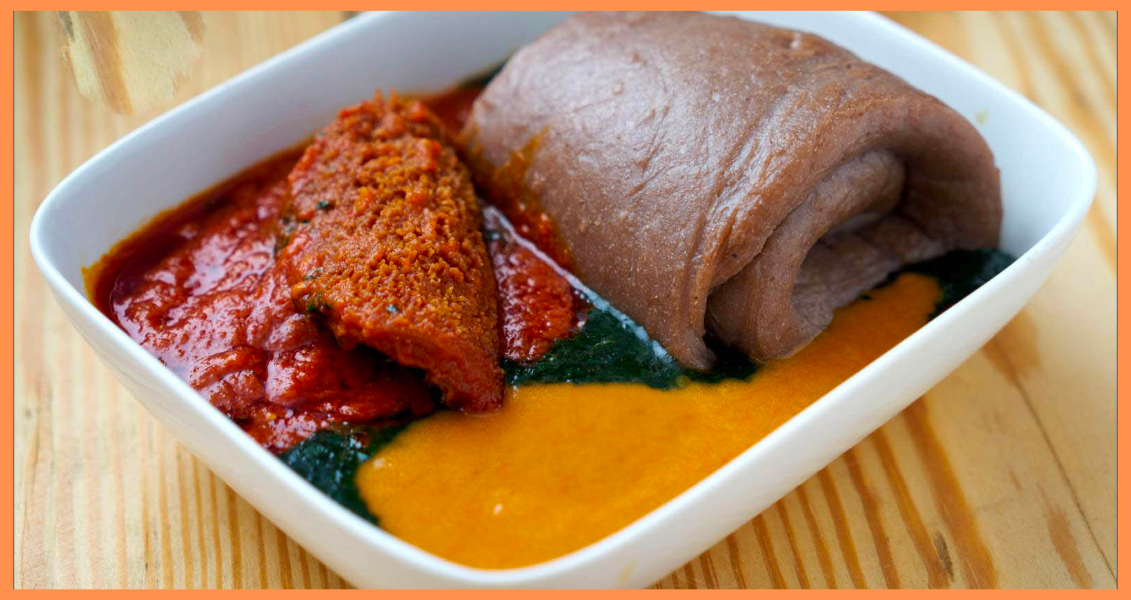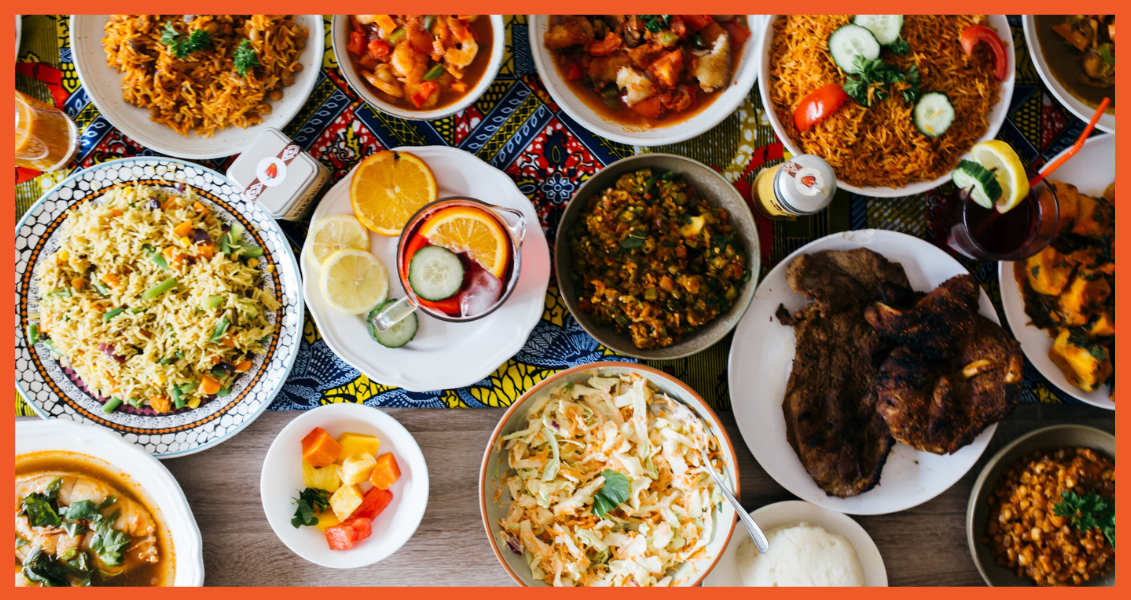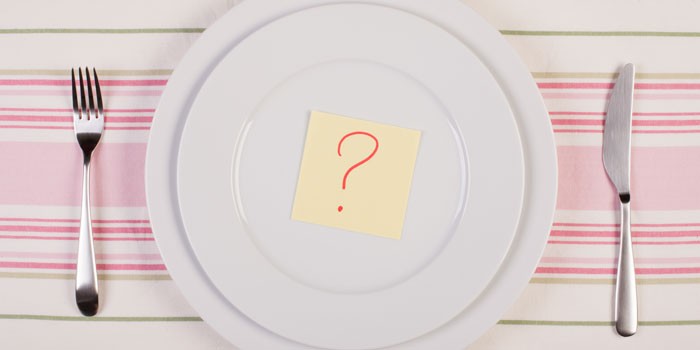
2017 really was the year, wasn’t it?
You might remember the mad tension from the keto and fitfam folks — assuming you weren’t among the oppressors — those days when rice and bread were all but boycotted at the market. If your diet included anything besides leaves, were you even serious with your life? Did you even want to live long?
Thankfully, we all have lived long enough to unveil most of these diet gospels for the fads that they were, and finally, we may be ready to have a proper conversation about what constitutes a healthy diet in Nigeria and what doesn’t.
I spoke to health and nutrition experts, and they were gracious enough to debunk some of the commonest myths about diets and share a few privileged insights.
Low-fat/fat-free products are a healthier dietary choice
Registered dietitian and experienced clinical nutritionist, Adeola Adeleye disagrees. Because fat makes food more appetising, removing it through food processing tends to necessitate the addition of artificial sweeteners for taste. The additives in these foods (most often sugar, salt, or chemical fillers) make them a bad idea for anyone looking to eat healthy.
“Take a look at the back of your low-fat or fat-free food products,” Dr Adeleye suggests. “You’ll notice that they are higher in sugar to improve the palatability.”
Now, don’t get us wrong. Sugar in itself is not bad in your meals, but an excessive amount of it has been linked to obesity, type 2 diabetes, and cardiovascular diseases, amongst others. So go ahead and eat your natural peanut butter, if that’s what you really crave. Moderation is the keyword, remember.
- No fruit, no biggie. Fruit juice will do just fine.
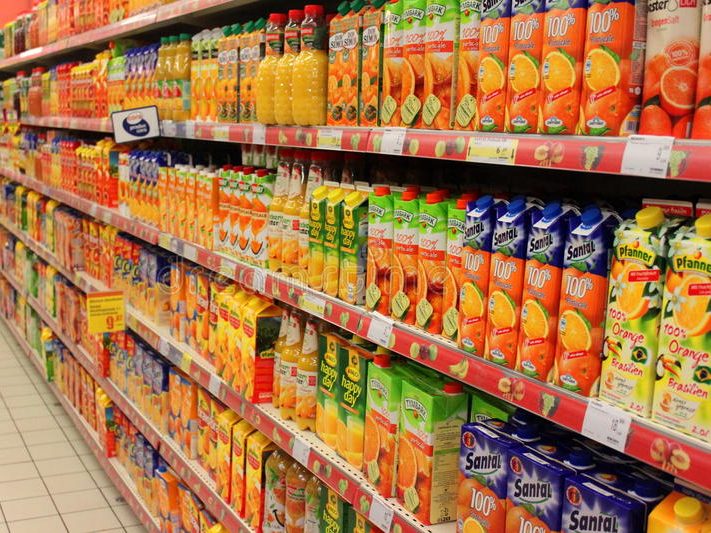
Personally, this doesn’t make me too happy. I would have loved to know that I can continue to indulge in my guilty pleasure. But Marcus Oluwole, medical practitioner at Onward Specialist Hospital in Southwestern Nigeria, says o. Fruit juice is just as bad as soda. It loads you with sugar and doesn’t come with the fibre that normal fruits come with.
Regardless of the product’s packaging or the manufacturer’s claims to natural taste and freshness, once the fruit juice has to be preserved using artificial additives, then you want to avoid it altogether and go for fresh or freshly squeezed fruits.
So, sorry to burst your bubble, but you are not making a healthier dietary decision by choosing that glass of processed juice over soda.
- Thin people are healthy and don’t need to watch their diet.
Now, it’s true that people can be predisposed to obesity through genetic causes or lifestyle choices must watch their diet. However, the opposite is not necessarily true for slim people as healthy diets are important for other benefits aside from weight loss or weight control. Toxic foods must be avoided and meals must be taken in the right nutritional proportion to support the proper functioning of the body system.
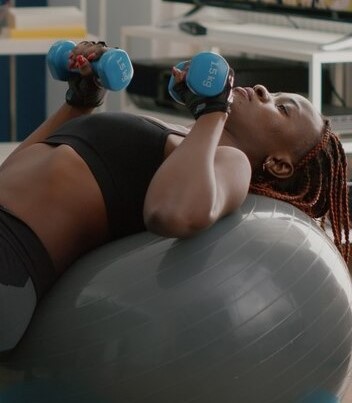
Aniekeme Bassey, resident radiologist at Babcock University Teaching Hospital adds, “Being thin does not necessarily presuppose being healthy. So all you need to do to stay healthy, like exercising regularly and eating wholesome, nutritionally balanced meals, just do it.”
If you are as slim as I am, then you probably also overindulge in junk food. Sometimes we do this knowing we will always get away with it, and other times, it is in hopes that the junk food actually makes us add some fat to cover our bones.
But Dr Bassey warns that mindless indulgence in unhealthy diets like this can impose high cholesterol and other cardiovascular problems. I guess we slim folks aren’t totally off the hook after all.
- Fad diets are good for your weight loss
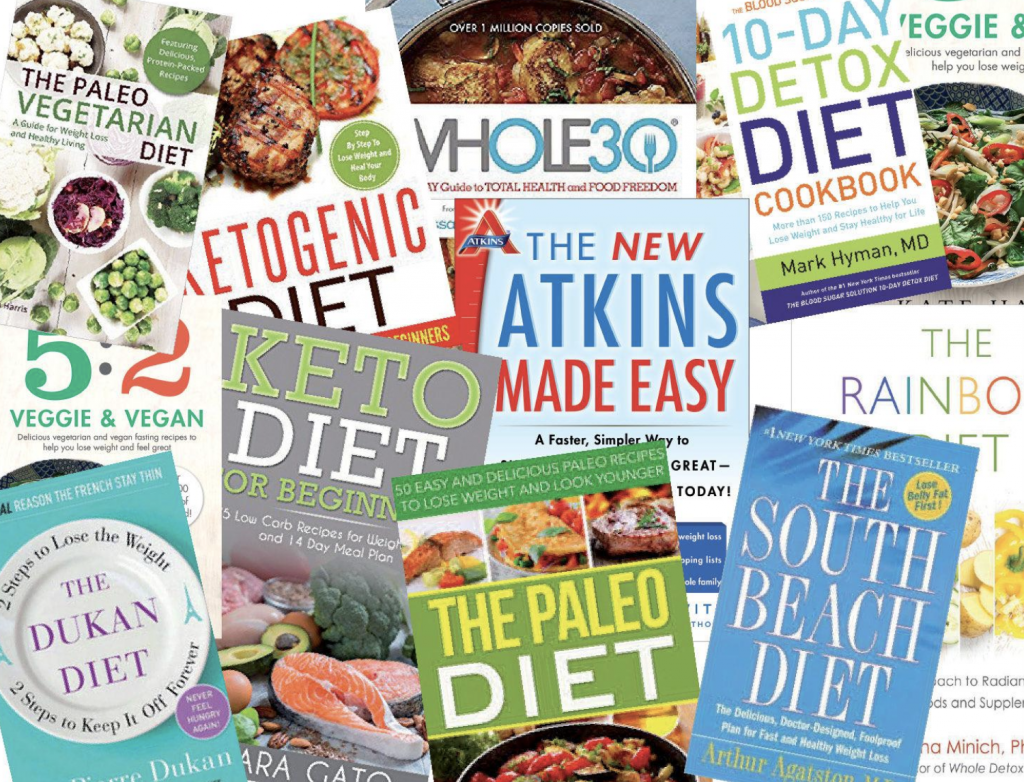
Fad diets, in all fairness, often deliver the desired result, especially for those on a weight loss mission. Yet, dieticians continue to frown at them. Why?
Fad diets are short-term fixes to long-term problems. According to Adeyeye, “they are swift, promising a lot of things, but usually are scam.” The reason, she says, is that since fad diets help you lose weight at an unsustainable rate, you gain back the weight as rapidly as you shed it. Radical diet changes like cutting off an entire class of food from your meals may lead to noticeable weight loss as desired, but it can also result in malnutrition. All foods are good for consumption. Depending on your medical history, you may only have to consume them in measured portions.
Before going on a weight loss plan, ensure you talk to a qualified dietician. Be sure to consult with your personal doctor too.
As an alternative to fad diets, consider making weight loss regimen a part of your entire lifestyle rather than restricting it to your meals. Avoiding late-night eating, exercising more, and eating healthy portions with the right amount of variety will get you better results.
Remember that just because you are slimmer as a result of your diet doesn’t mean you are healthy. You might be suffering from some nutritional deficiencies.
- Avoid meals containing calories at all cost
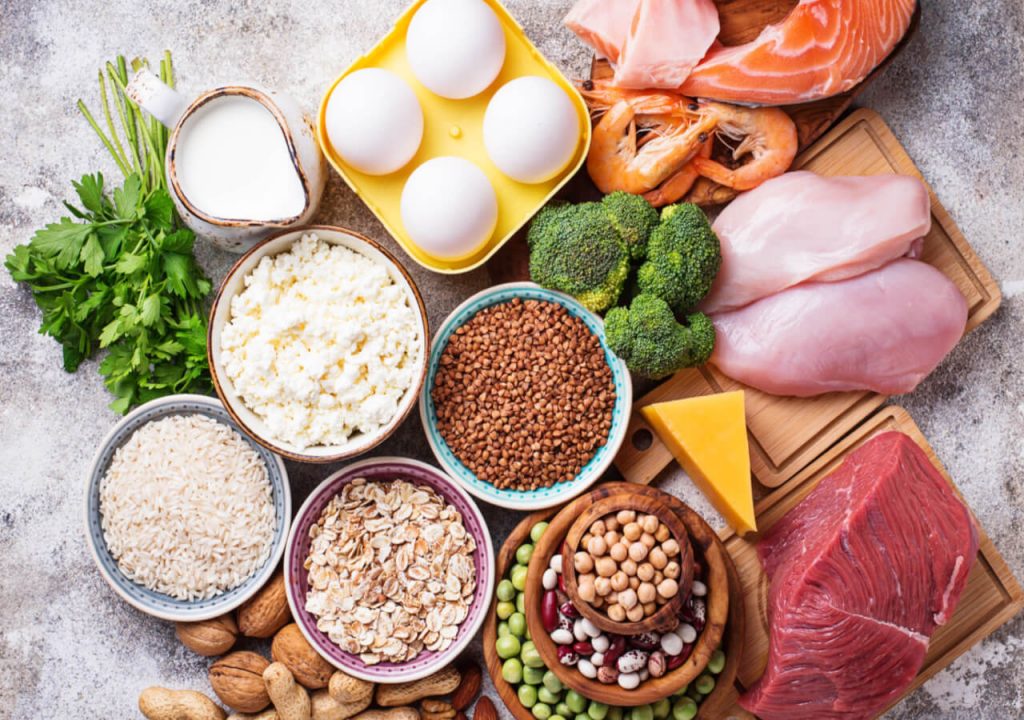
“Is it crack?” was the incredulous response I got from the good-natured Dr Bassey during his interview with me over the phone. Well, I wasn’t on crack when I raised the myth. But I had to ask to lay the false claim to rest.
In this age where we are quick to make a buzzword of every random expression and run with it without knowing the actual meaning, it is easy to believe that calorie stands for something toxic. But calories simply denote energy. Energy in food is measured in calories, and we all need a good amount of them to function optimally.
It’s okay to strike a balance between the amount of calories taken in versus the amount of energy you exert per day. People who engage in physical sports, for instance, need not worry as much about putting on extra weight due to excess calories, especially because they tend to work and sweat it out. So rather than totally avoiding calories (which would mean depriving yourself of many healthy foods), focus on taking in just the right amount and burning as much of it as you take in instead. Once again, it’s always helpful to speak with health professionals when in doubt.
- Malt drinks are a good source of multivitamins
Just because seawater is salty doesn’t mean it’s okay to depend on drinking seawater for sodium.
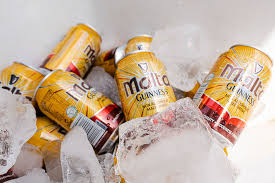
Dr Oluwole is a little more direct with his exposition. “Malt of all types are sugared water, a kind of soda just like the others, but only with a more clumsy process.”
At this point, it goes without saying that the malt and milk combination touted as the ultimate blood tonic since childhood is nothing but falsehood. For increased blood production and vitamins, Ms Adeyeye advises that vegetables and fruits are your surest bet. Good thing the price of a can or bottle of malt will also get you a sizable variety and quantity of fruits for single consumption.
- Adults don’t need eggs. But if they must eat eggs at all, they must do without the yolk
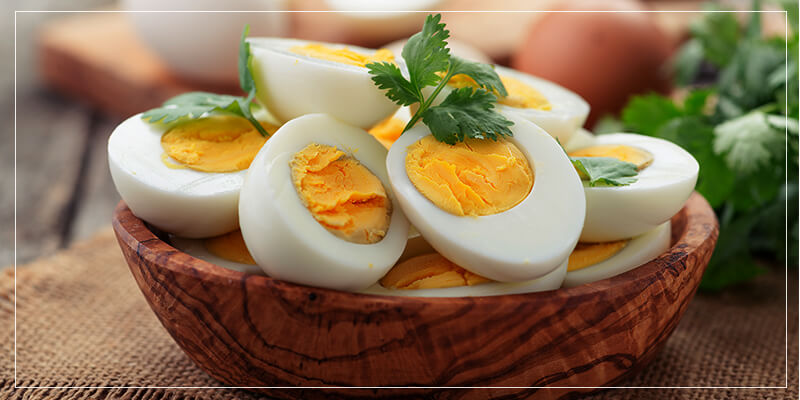
“No no. We do. We all need the protein and fat they contain in the yolk,” says Marcus.
In the first place, I’ve tried to imagine the logic behind this myth. Perhaps I would have found it more plausible if eggs mainly contained carbohydrates, which children need in sizable amounts for energy. But eggs are considered by nutrition experts as a rich source of protein and lipids, plus other nutrients.
Although I’ve always supported egg consumption for adults, I’ve never been comfortable with the idea of eating more than one (boiled) in a single meal. Two in a day has also always been the limit for me. Anything more than that and I would be ratting the eater out to the police, because they must be a cultist.
Imagine my surprise when the good doctor added that eggs are so healthy that some nutritionists argue that you can’t take too much of it. So, dear adult, eat those eggs today.




